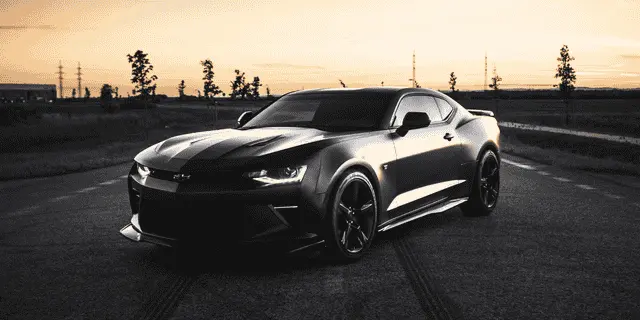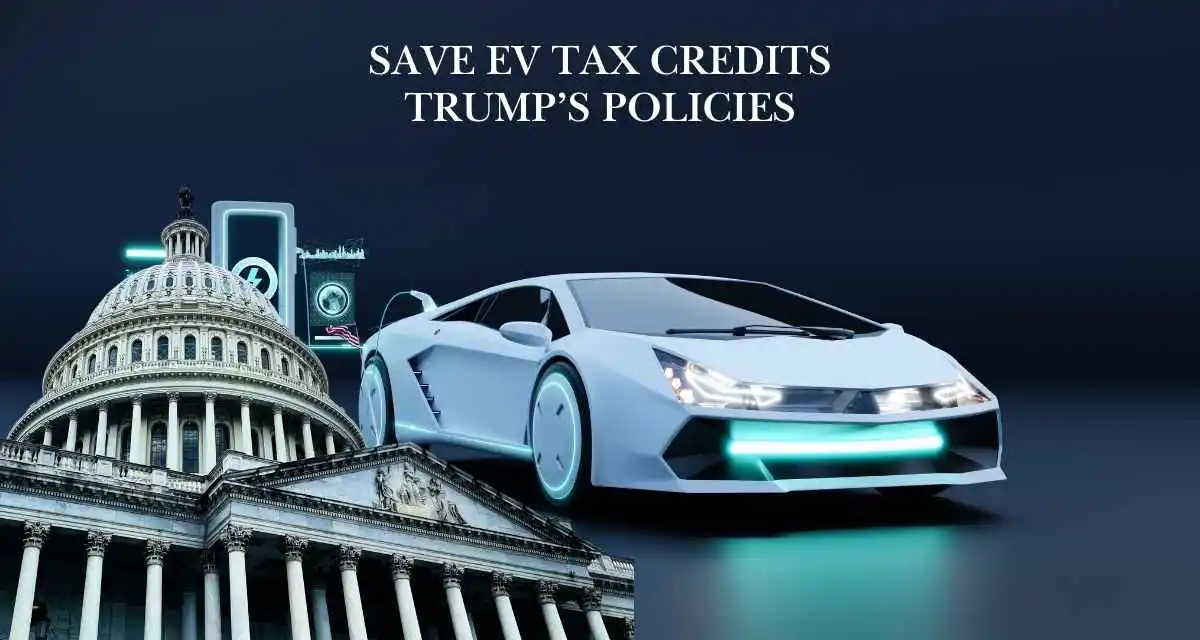Automakers push Trump to keep $7,500 EV tax credits and back self-driving car advancements. Learn how these policies could shape the future of electric and autonomous vehicles.
As the automotive industry shifts toward a greener and more innovative future, automakers are facing critical challenges. With electric vehicles (EVs) gaining traction and self-driving technology advancing globally, U.S. automakers are urging President Donald Trump to take action.
A coalition of major brands, including General Motors, Toyota, and Volkswagen, is calling for policies that preserve key EV incentives and foster an environment where autonomous vehicles can thrive.
This plea comes at a time when global competition, especially from China, is intensifying, and regulatory frameworks in the U.S. are becoming a point of contention.
Important Features You Need to Know
Before claiming the credit, make sure you are eligible. Here are the main requirements:
| Specification | Requirement/Details |
|---|---|
| Credit Amount | Up to $7,500 |
| Applies to New EVs | Yes, but used EVs have a $4,000 credit. |
| Income Eligibility | Single: under $150,000; Joint: under $300,000 |
| Assembly Requirement | Assembled in North America |
| Battery Sourcing | Minimum percentages for materials sourced from the U.S. or allies |
| Documentation Required | IRS Form 8936, Vehicle Purchase Agreement, VIN, Proof of Purchase Date |
Push to Keep EV Tax Credits
Major automakers like General Motors, Toyota, and Volkswagen are asking Donald Trump to keep the $7,500 tax credit for electric vehicles (EVs).
These credits help make EVs affordable for consumers and encourage sales in the U.S. Without them, the already slow shift to electric cars might become even harder.
The Case for Self-Driving Cars
The automakers also want faster progress on self-driving vehicles. In a letter dated November 12, the Alliance for Automotive Innovation highlighted China’s advanced support for these technologies.
They worry that China’s heavy subsidies and policies are giving its automakers a competitive edge in the global market.
Emissions Rules Under Fire
Federal and state emissions regulations, particularly those in California, are a concern for carmakers. They believe the rules do not reflect market realities and make vehicles more expensive for buyers. While automakers support reasonable standards, they call for updates that align better with current technologies.
Concerns About New Safety Mandates
Another issue is the strict requirements for new cars to include advanced automatic emergency braking systems by 2029. Automakers argue that these goals are unrealistic with today’s technology.
Trump’s Stance on EV Policies
Reports suggest Trump’s team plans to cut the EV tax credit and reduce fuel-efficiency regulations introduced by President Joe Biden.

These Biden-era policies encourage automakers to shift 35% of their production to EVs by 2032. Trump’s administration sees this as an “EV mandate” and aims to remove it to protect traditional fuel-powered vehicles.
What’s Next for the Auto Industry?
Automakers hope Trump’s decisions will balance innovation with achievable policies. With China advancing quickly in the EV and self-driving sectors, the U.S. faces mounting pressure to keep pace.
Read More:
- How to Claim the $7,500 EV Tax Credit
- Top 10 Cheapest Electric Cars USA for Sale
- Top 5 Benefits of Installing a Home EV Charger

